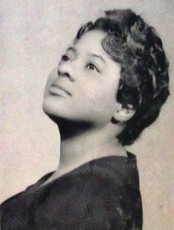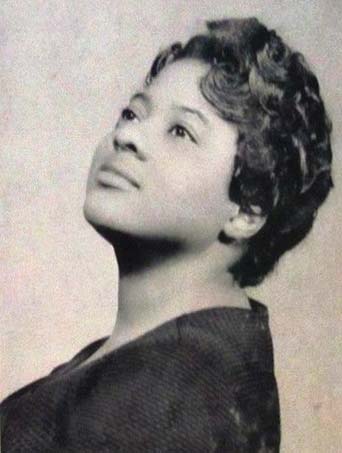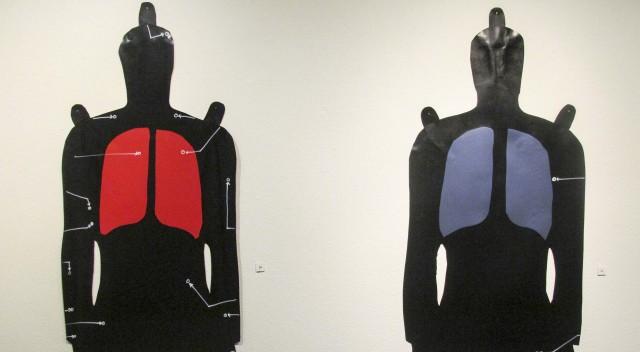By Jessica Badejo/reporter

In a society where women, especially women of color, get snubbed for not being good enough, the lack of credit always seems to be a unifying factor among all women.
Four black female community leaders visited TR Campus Feb. 10 to give some remarkable black women of Tarrant County, their ancestors, credit where it is due.
TR business instructor Marcia Johns introduced the panelists as leaders in their own right.
“You will see that they have a lot of things in common, and that they have a passion for preserving the black communities in Fort Worth,” she said. “They show the willpower of women in Fort Worth.”
Sarah Walker, the Tarrant County Black Historical and Genealogical Society president, began the discussion of African-American women who made an impact on the Fort Worth community. She chose gospel singer Francine Reese Morrison, who sang during Martin Luther King Jr.’s 1959 visit to Fort Worth.
Tarrant County Democratic Party chair Deborah Peoples moved on to the gender roles in the home and the life of women in history.
“We were always taught that you push the male to the front, and they got to be the peacock,” she said. “And the woman stood in the back and did the work.”
Peoples said King came to Fort Worth only because courageous women invited him since the men were too afraid to get involved.
“Women stood on the forefront of the Civil Rights struggle of Fort Worth because they had nothing to lose,” she said.
Brenda Sanders-Wise of the Historic and Cultural Landmarks Commission introduced her ancestor Malinda Loyd, whose biography and family’s story is the focus of the book The Garden of Eden.
Approaching her 90th year, Opal Lee, founding member of the Tarrant Black Historical Society, began listing 24 names of black women who have made an impact on Fort Worth history in her lifetime. She put special emphasis on Dolly Sanders-Gentry.
“What’s the willpower of this woman?” Sanders-Wise asked. “She had children, four of them. She went to work 40 hours a week and was a full-time student. She was the definition of ‘bad.’”
Sanders-Gentry traveled from the west side of Fort Worth to Texas Woman’s University in Denton in between her full-time job as an elevator operator at Harris Hospital and her role as mother. She became a registered nurse specializing in organ donations and now travels to the United Kingdom to make presentations about the importance of organ donations and transplants.
Johns mentioned that the majority of the Black Panthers were women.
Peoples interjected with “Beyonce!”
Peoples said she had watched Beyonce’s Formation video as well as her Super Bowl performance.
“I find it so interesting how important it is to know your history, especially in the culture and society we live in now,” she said. “It might be the 50th Super Bowl, but it is also the 50th anniversary of the Black Panther party.”
Peoples urged the audience to watch the Formation video again.
“The beautiful women dressed in all black with their berets in back are not just background dancers,” she said. “They are symbols to a bigger message.”
The panel wanted the students to remember five things: This is a great time to be alive, they shouldn’t get caught up in gender roles, education is key, they should take advantage of opportunities and they can have more than one dream.



























![Untitled [House], Barry Anderson](http://collegian.tccd.edu/wp-content/uploads/2016/02/House-640x480.jpg)

